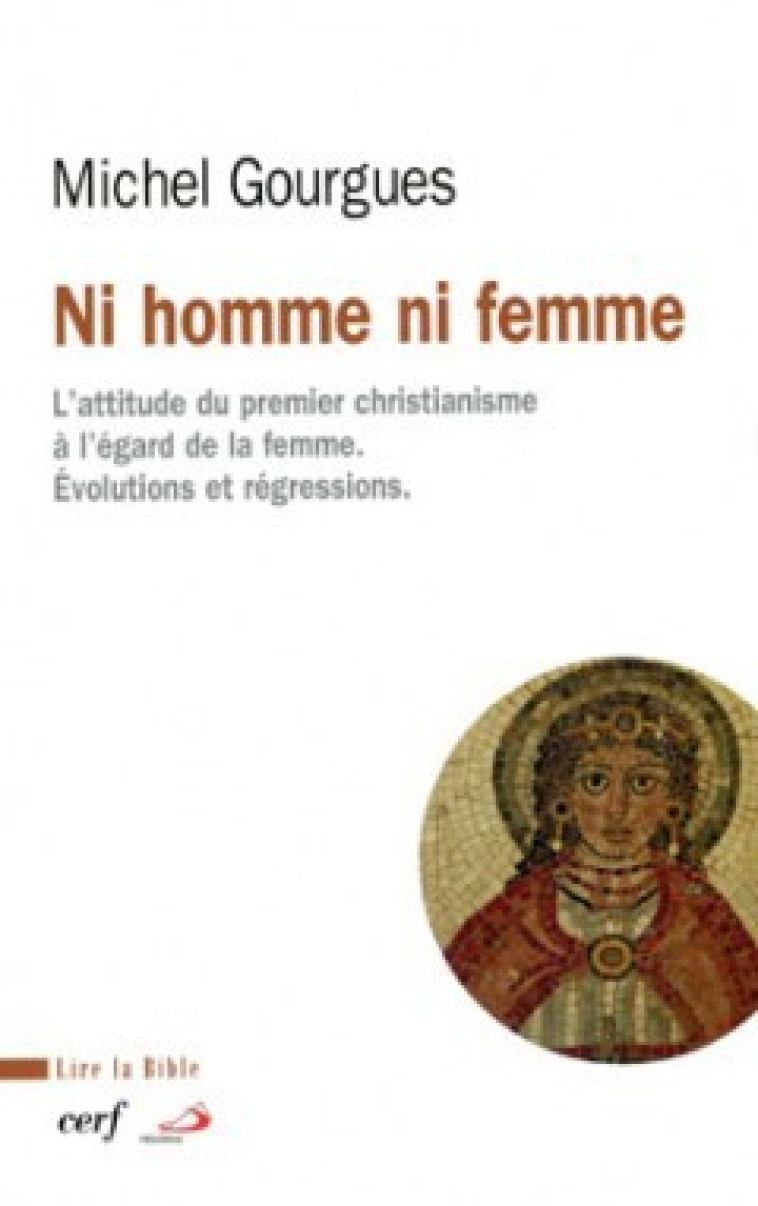--
Before God, in Christ, differences count for nothing. ‘There is neither Jew nor Greek, there is neither bond nor free, there is neither male nor female' (Galatians 3:28): this proclamation of the Christian gospel is no doubt very ancient, and anterior to the letters of Saint Paul. At the other extreme, in terms of evolution, the First Epistle to Timothy - probably post- Pauline - underlines the difference between man and woman and succeeds in not only prescribing the latter's submission within the structure of society, but even her reduction to silence within Christian communities themselves (1 Timothy 2, 9-15). How can we explain such a departure from the extraordinarily open attitude of Jesus? Is it fair to reiterate that Paul was a major contributor to the hardening of Christianity's attitude towards women? The author demonstrates that we are witnessing a perverse effect of the legitimate enculturation of the faith. The first Christians' accommodation of the structures and social practices of their times had blunted their conscience, and the concrete affirmation of the Gospel as regards women's dignity and equal participation in both salvation and the life of their communities. ‘But if the salt should lose its flavour...'









